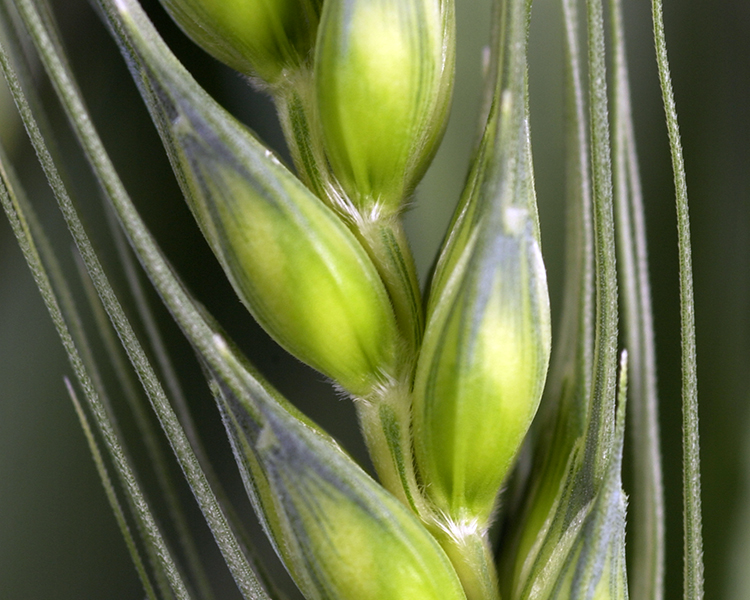Links to external sources may no longer work as intended. The content may not represent the latest thinking in this area or the Society’s current position on the topic.
Growing tomorrow’s dinner – should GM be on the table?

Ensuring everyone has enough to eat is one of this century’s global challenges. The global population is growing, consumption patterns are changing and the impacts of climate change and growing scarcity of water and land are putting pressure on our ability to grow enough food.
There are promising techniques and technologies that can address this. By selectively breeding, we can develop crops that can grow in difficult, changing conditions. GM technologies can also be used to achieve similar results faster and to address some problems that cannot be solved through conventional selective breeding. However almost a third of people feel that the risks of GM crops outweigh the benefits and most do not feel informed about them. Do we need to take another look at technologies such as GM to see if they can offer solutions to this global challenge?
We explored whether GM should be one of the options on the table, and what principles should be in place so that the public can have confidence in how they are used.
In partnership with the Learned Society of Wales.
Event speakers:
- Professor Melanie Welham, Chief Executive (Interim), BBSRC
- Stephen Tindale, Climate and Energy Policy Consultant and former Director of Greenpeace UK
- Huw Jones, Professor of Translational Genomics for Plant Breeding, Aberystwyth University and Vice-Chair, GMO panel, European Food safety Authority
- Liz O'Neill, Director, GM Freeze
For all enquiries, please contact events@royalsociety.org.
If you'd like to find out more about GM plants, you can find out more in our evidence-based Q&A.
